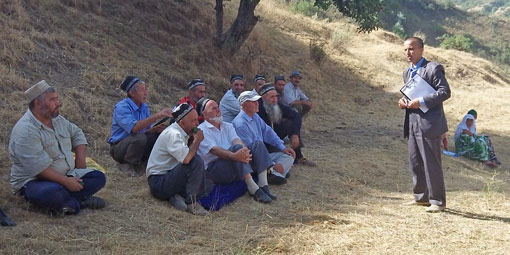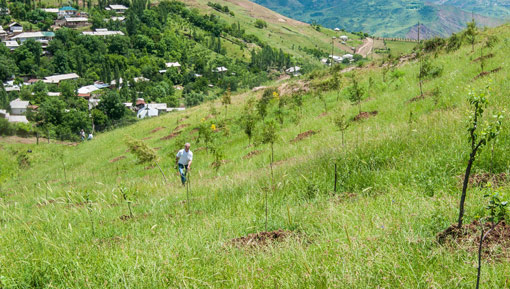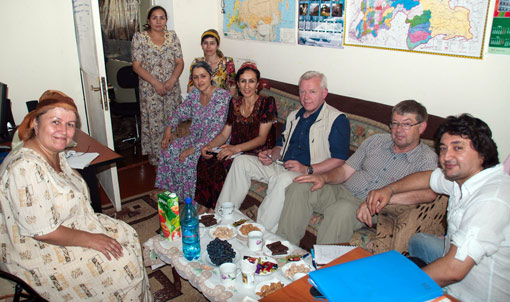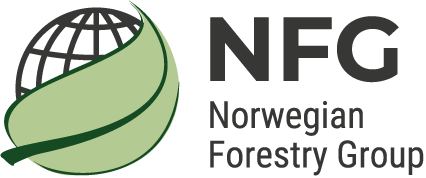
The Norwegian Forestry Group (NFG) jointly with its local partners has accomplished the project “Rural development by means of vocational training within the forestry and environmental sector in Tajikistan” during the period of 2012 -2015. The project’s working process was characterized by a diversified action plan related to the project’s objectives and relevant to the local target groups. Each step of the implementing process was jointly and consensually organized with the involved partners and stakeholders.
The project has elaborated instructive materials illustrating useful and updated information; reflecting several factual needs, problems and challenges facing the forestry and land use in Tajikistan, and recommending realistic and appropriate solutions and alternatives. Most of the trainings/courses implemented in the framework of the project activities have been systemized and edited into training material and as conference proceedings.

Some concrete results can be mentioned:
- 59 theoretical and practical training courses with 954 trainees from different target groups all over Tajikistan as well as in cross border areas (Afghanistan).
- 11 training sessions for local trainers;
- 20 income generating activities, including development of small nurseries, with totally 358 beneficiaries;
- Plantation of a total of 317 hectares, out of which 297 hectares of forest trees and 20 hectares of fruit trees.

In the implementation the project works in close cooperation with our main partner in Tajikistan, the State Forest Agency. In addition the Adult Training Center of Tajikistan (ATCT) has played an important role. From the private sector the local NGO’s as Zan va Zamin and MSDSP (Mountain Societies Development Support Programme) has been valuable partners in addition to the local communities and persons involved.
The project has been funded by the Norwegian Ministry of Foreign Affairs.
